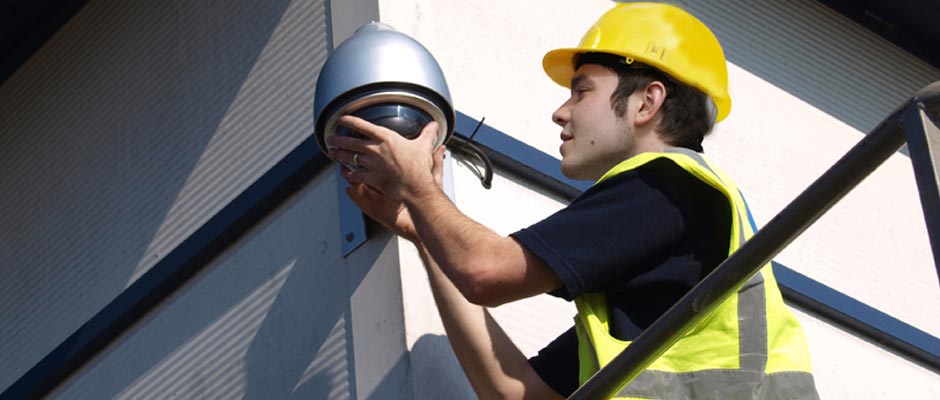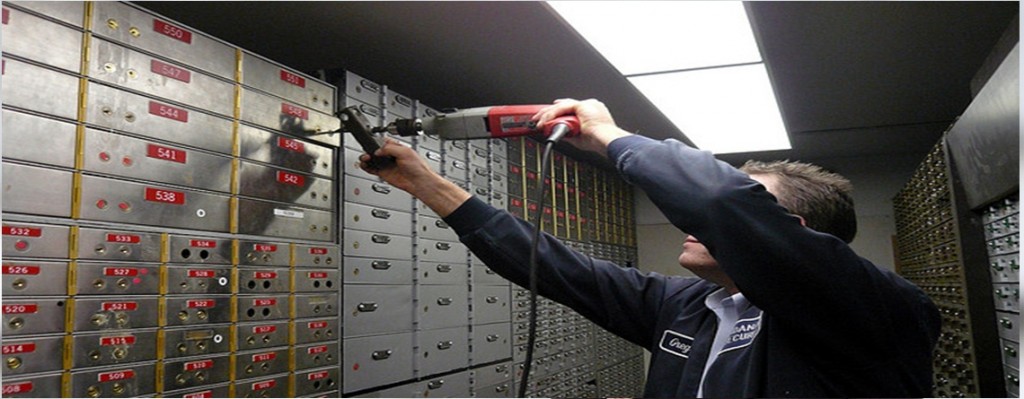I recently read a very interesting article in the Metro about London’s burglary hotspots.
It listed 20 places in Britain where you are more likely to get your home broken into than anywhere else in the country.
If you think you’re safe from being burgled because you don’t live in a nice area or anywhere near a notorious city like Manchester, think again! [Read more…]


